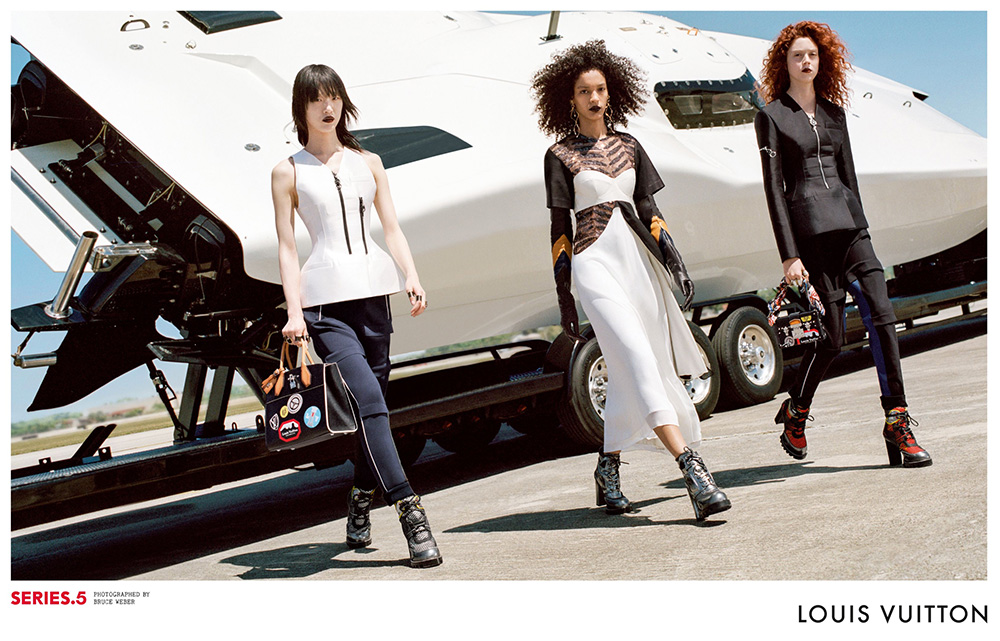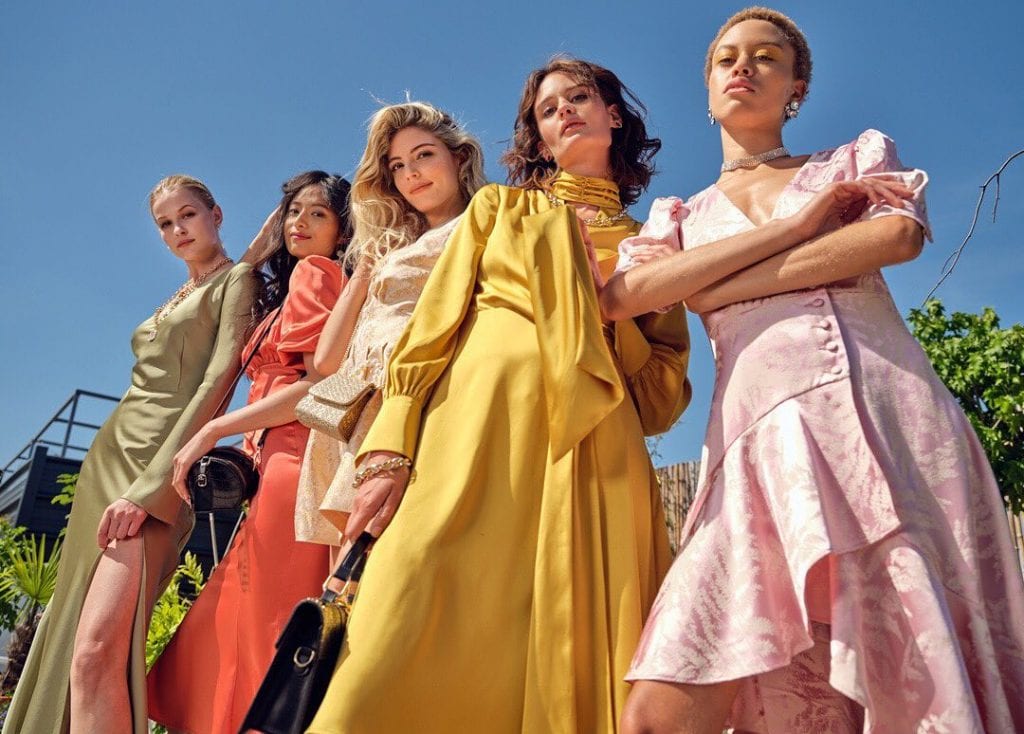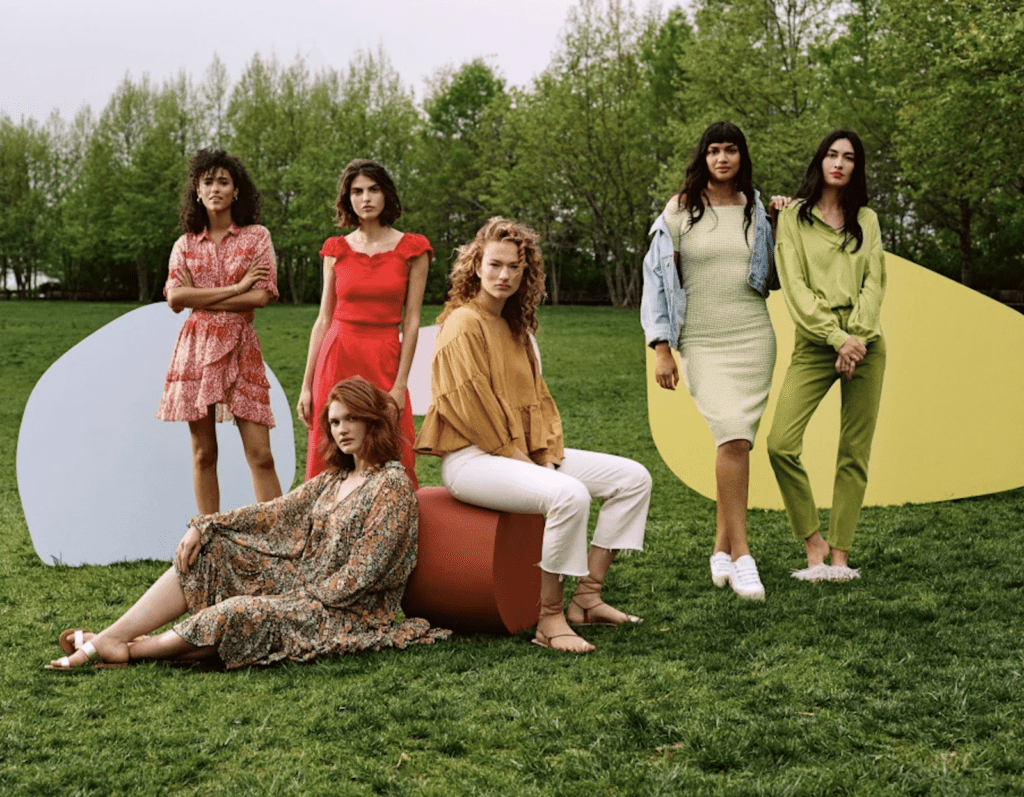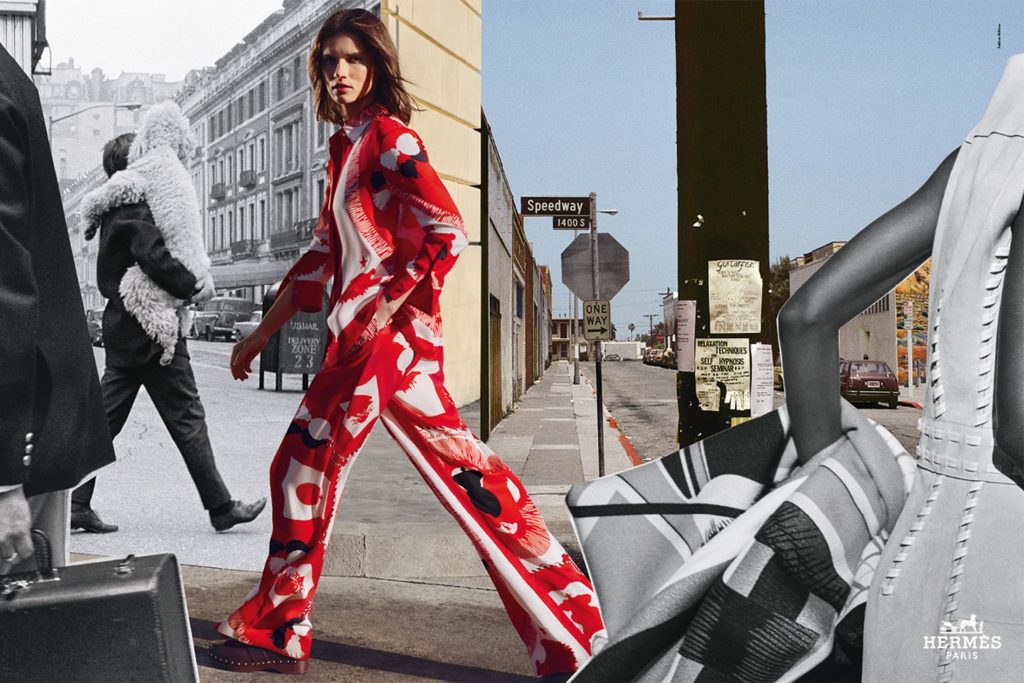Louis Vuitton has suffered a setback in the lawsuit it filed against canvas bag maker, My Other Bag (“MOB”) in June 2014. According to a rather strongly-worded decision from the Southern District of New York court to deny Louis Vuitton’s motion for summary judgment, Judge Jesse M. Furman held that MOB’s canvas totes, which replicate a number of particular Louis Vuitton bag styles (including the Speedy and Neverfull) and specific Louis Vuitton trademarks and copyrights, amount to parodies and thus, are not actionable sources of trademark infringement or dilution, a somewhat surprising ruling considering the case law in the SDNY.
(If the lawsuit sounds familiar, that is because Hermès filed suit in 2011 against Thursday Friday, another California-based brand selling similar bags as MOB. They ended up settling that case out of court and Thursday Friday stopped printed Birkin lookalikes on its canvas bags).
According to the 31-page decision, which was issued on Wednesday, “In some cases, it is better to ‘accept the implied compliment in [a] parody’ and to smile or laugh than it is to sue. This — like Haute Diggity Dog (and, arguably, Hyundai) — is such a case. MOB’s use of Louis Vuitton’s marks in service of what is an obvious attempt at humor is not likely to cause confusion or the blurring of the distinctiveness of Louis Vuitton’s marks; if anything, it is likely only to reinforce and enhance the distinctiveness and notoriety of the famous brand. Accordingly, and for the reasons stated above, MOB is entitled to summary judgment on all of Louis Vuitton’s claims; it follows that Louis Vuitton’s own motion for partial summary judgment must be and is denied.”
In response to Wednesday’s decision, Tara Martin, the CEO & Founder My Other Bag, told TFL exclusively:
I can’t tell you how thrilled our entire team is to get this win, not only for the My Other Bag brand, but for other entrepreneurs, writers, artists, film makers, designers, anyone who uses their creativity and voice to make a statement. Parody is one of the oldest and most beloved ways in our culture to address social, economic, and political issues. One of America’s founding, and to us, most important principles, is freedom of speech and it must be protected and fought for.
Guided by our lead attorneys on the case, Brian Philpott and Corey Donaldson, we took this principled stand and we feel vindicated by the Court’s thoughtful decision. People shouldn’t be afraid to make a joke for fear of a trademark lawsuit. Hopefully this decision sends that message.
THE CASE
You may recall, Louis Vuitton alleged in its complaint that MOB created, marketed and sold designs that infringe an array of its trademarks and copyrights (including its Toile Monogram design; the design of each individualized flower within the Toile Monogram design; the Damier design; the varying color treatments of the Damier design; and the trademarks covering the Monogram Multicolore designs), thereby putting its “decades of substantial investment and effort at risk.”
That’s not all, though. Louis Vuitton claimed that MOB’s “marketing strategy invokes and emphasizes the fashionable character of its products and its intent to create an association with Louis Vuitton.” This includes the deliberate selection of distribution channels “associated with high fashion and luxury.” As a result, Louis Vuitton claims that MOB is likely to create confusion in the marketplace, as consumers are likely to believe that MOB’s designs are authorized or endorsed by Louis Vuitton, or that the design house is associated with the products in some way. Moreover, Louis Vuitton alleges that MOB’s use of its trademarks is likely to blur the distinctiveness of its marks (aka – make them appear less exclusive than they actually are).
THE PARODY DEFENSE
A key defense against claims of trademark infringement and dilution is parody, which essentially cites that there is no likelihood of confusion (the key inquiry in a trademark infringement action) because the parody will be recognized as such and will not be taken seriously, thereby allowing the defendant to use the plaintiff’s trademark to some extent. Not surprisingly, MOB responded the Louis Vuitton’s lawsuit by holding that its bags are parodies of Louis Vuitton’s and thus, MOB should not be liable for trademark infringement.
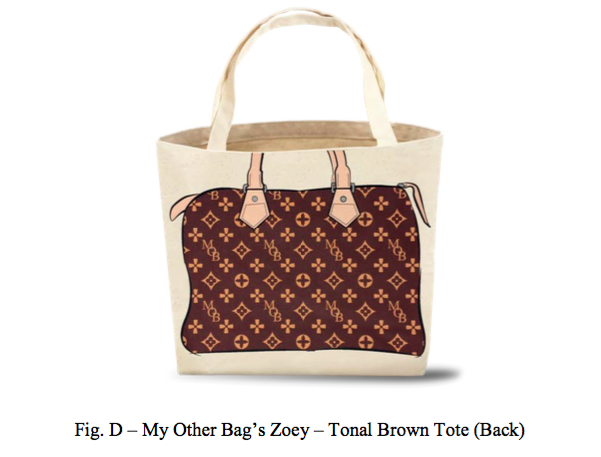
Louis Vuitton called foul, and the crux of Louis Vuitton’s argument against MOB’s parody defense is as follows: Because the MOB bags target not just the Louis Vuitton brand, but others, such as Chanel, Miu Miu, Proenza Schouler, etc., they lack a specific comment on the Louis Vuitton brand and thus, the elements of parody are not met. The court disagreed, holding:
It is self-evident that MOB did mean to say something about Louis Vuitton specifically. That is, Louis Vuitton’s handbags are an integral part of the joke that gives MOB its name and features prominently on every tote bag that MOB sells. In arguing otherwise, Louis Vuitton takes too narrow a view of what can qualify as a parody. The quip “My Other Bag . . . is a Louis Vuitton,” printed on a workhorse canvas bag, derives its humor from a constellation of features — including the features of the canvas bag itself, society’s larger obsession with status symbols, and the meticulously promoted image of expensive taste (or showy status) that Louis Vuitton handbags have, to many, come to symbolize.
The fact that MOB’s totes convey a message about more than just Louis Vuitton bags is not fatal to a successful parody defense […] And the fact that Louis Vuitton at least does not find the comparison funny is immaterial; Louis Vuitton’s sense of humor (or lack thereof) does not delineate the parameters of its rights (or MOB’s rights) under trademark law.
In addition to denying Louis Vuitton’s argument against parody (and ultimately holding that “MOB’s use of Louis Vuitton’s patterns is reasonable in relation to the purpose of the use”), the court held that the bags do not amount to trademark dilution or trademark infringement or copyright infringement (claims that Louis Vuitton cited in its complaint), as MOB’s use of the Louis Vuitton trademarks and copyrights by MOB amounts to fair use.
TRADEMARK INFRINGEMENT
As for the trademark infringement claim, in applying the eight factors provided in the Polaroid Corp. v. Polarad Elecs. Corp. case, the court held “there is no triable issue of fact on the likelihood of confusion. Rather, defendant’s use of the mark is an obvious parody or pun, readily so perceived, and unlikely to cause confusion among consumers.” The court also asserts, “Nor does Louis Vuitton point to any evidence that the public might think Louis Vuitton ‘sponsored or otherwise approved’ of MOB’s bags.”
TRADEMARK DILUTION
The court found for MOB in terms of Louis Vuitton’s trademark dilution by blurring claim, in which LV argued that that MOB’s use of its famous trademarks reduced the public’s perception that they are is unique and exclusive. The court held that because the defendant’s use is parody (a humorous comment on LV’s products), it is protected by the doctrine of fair use. According to the decision: “Indeed, the whole point is to play on the well-known ‘my other car . . .’ joke by playfully suggesting that the carrier’s ‘other bag’— that is, not the bag that he or she is carrying — is a Louis Vuitton bag.”
The court went on to note that even if MOB’s use was not fair, the chance of dilution by blurring is slim because the Louis Vuitton brand is so well known.
COPYRIGHT INFRINGEMENT
In terms of copyright, the court concluded that MOB’s tote bags are protected by the fair use doctrine and thus, not subject to copyright infringement liability. According to its decision, the court found, “Although MOB’s totes are, in an abstract sense, in the same market as Louis Vuitton’s handbags, its totes do not “serve as a market replacement for” Louis Vuitton’s bags in a way that would make ‘it likely that cognizable market harm to [Louis Vuitton] will occur.’ Indeed, as discussed above, any reasonable observer would grasp that the whole point of MOB’s invocation of the ‘my other car [is a]…’ trope is to communicate that MOB’s totes are not replacements for Louis Vuitton’s designer handbags.”
No word yet on whether Louis Vuitton will appeal this decision (which could prove important for parody cases to come in the SDNY), but chances are … it will.




